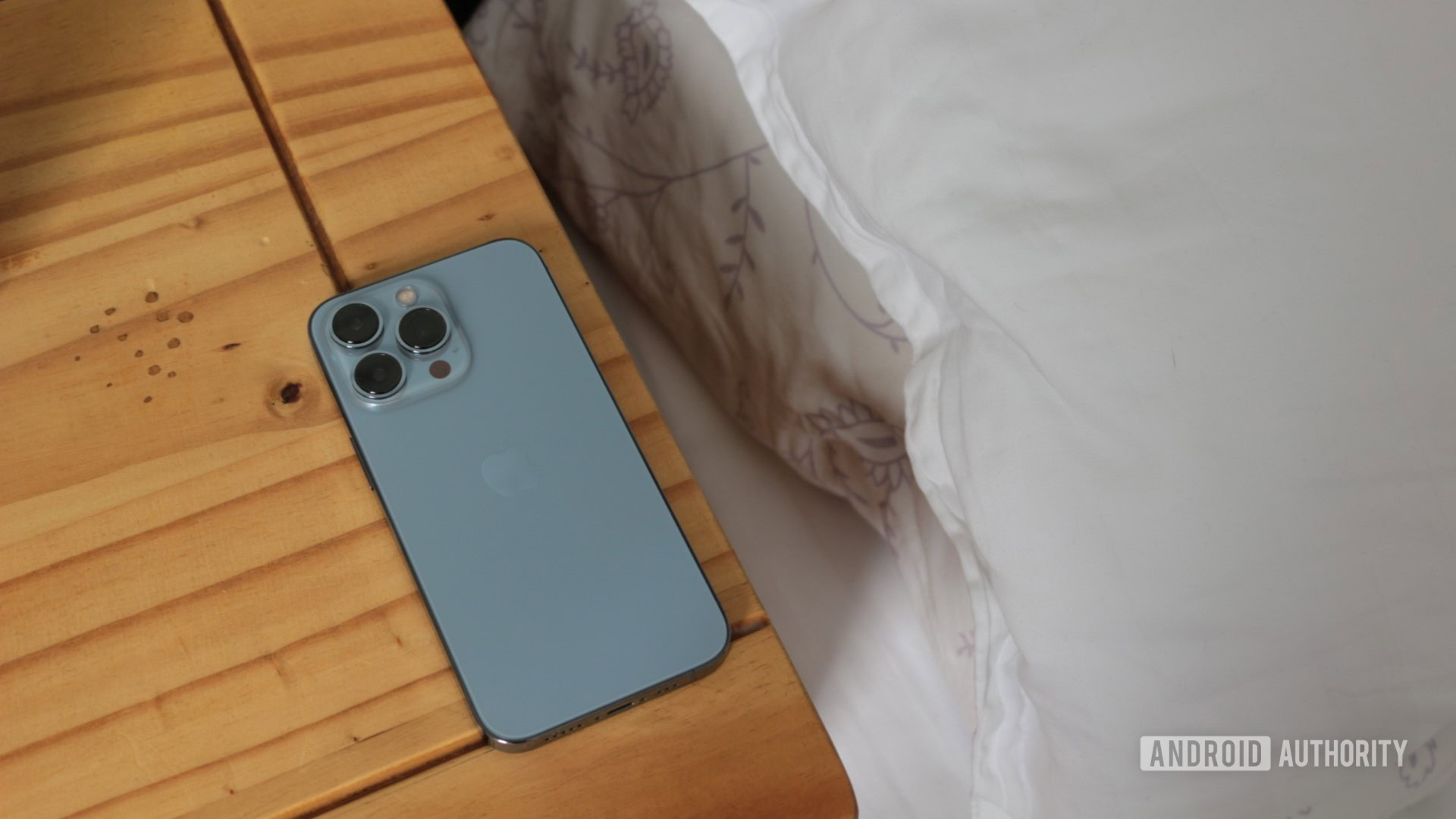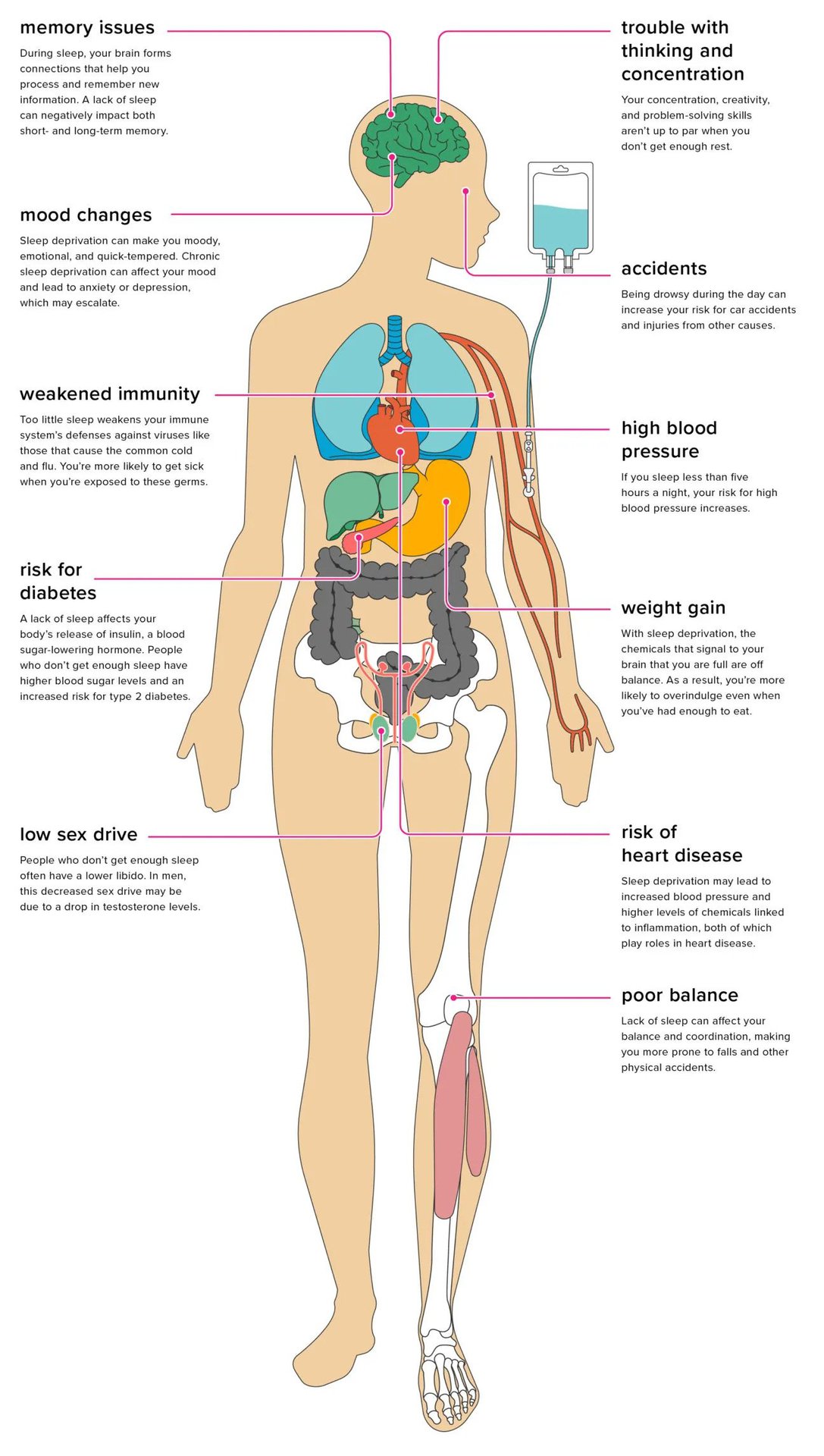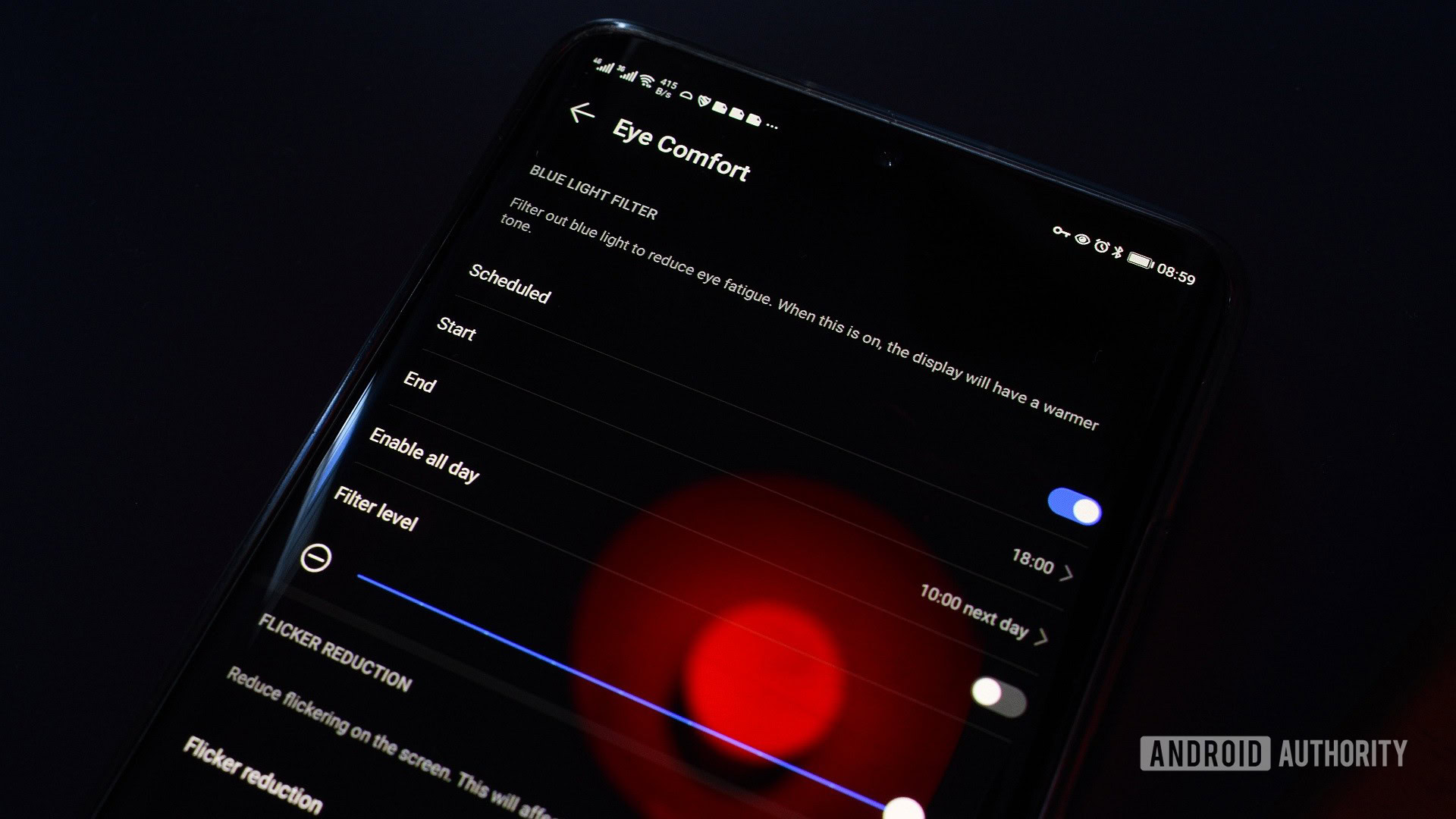Why sleeping with your phone is bad for your health
According to the results of our recent poll, more than half of you sleep with your phone in bed with you at least some of the time. Of those who responded “No,” some still cited that they leave their phone on a nightstand nearby or beside the bed. Well, I’m sorry to be the bearer of bad news, but neither case is good for your health. Whether you are an adult or an adolescent, there’s plenty of research to support not having your phone anywhere near your bed.
Now, I know I’m not your mom. I can’t tell you what to do with your life, nor would I want to. But I can bring some peer-reviewed research to your attention which you will then have to consider and decide what to do with. If you are experiencing difficulties falling asleep, have insomnia, or can’t stay awake during the day, solid data suggests your phone may be the reason why.
For example, a systemic review of 20 studies demonstrated strong, consistent evidence of an association between bedtime access to or use of electronic devices and reduced sleep quantity and quality, and increased daytime sleepiness. That means if your phone is within arm’s reach of your bed, you are more likely to sleep less deeply and for a shorter amount of time. Ultimately, this impacts your cognitive performance during the day. To be clear, these results occurred even if the participants didn’t use their phones in bed. The mere presence of a phone in the bedroom increased the odds of detrimental sleep outcomes.
Phones and sleep: A match made in hell

Gary Sims / Android Authority
Sleep is vital to our mental and physical health and especially to children’s biopsychosocial development. Because portable mobile and media devices have become a ubiquitous part of our waking lives, the impact on our quality of sleep is therefore concerning. For many of us, our smartphone is the last thing we use before dozing off at night and the first thing we check as soon as we wake up. This habitual cycle, though hard to break, is anything but helpful for our sleep hygiene and, by extension, our mental and physical health.
The habitual cycle of using our phones until we fall asleep and checking them as soon as we wake up is anything but helpful for our sleep hygiene.
Pre-teens are being hit the hardest, with those as young as ten losing eight to nine hours of sleep per week. Granted, that study did have a relatively small sample size, but it is one of the first ones to look in depth at how sites such as TikTok and Instagram are driving a “fear of missing out” in children among their peers. Social media has migrated the social environment away from the school grounds to our kids’ bedrooms, and it’s open 24/7, with active hours peaking at night.
One negative consequence of lack of sleep is that it contributes to depression. Data measured from hundreds of teenagers found that those with high levels of social media use before bedtime experienced greater sleep difficulties, which in turn strongly correlated with higher levels of depression. So there’s a kind of chain reaction where teens lying awake at night on their phones end up losing sleep, leading to more depressive symptoms. It may also lead to poorer academic performance in students.
Social media has migrated the social environment away from the school grounds to our kids’ bedrooms, and it’s open 24/7.
See the graph below for more long-term effects of sleep deprivation on your body.

But it’s not just kids and teenagers; studies found that bedtime mobile phone use is negatively related to sleep outcomes in adults, too. Specifically, a study found more bedtime mobile phone use was associated with increased fatigue and sleeping in longer for adults in their 40s. It was also related to an earlier rise time and shorter sleep duration among adults in their 60s. Time will tell whether those effects are compounded by the continued nighttime tech habits of the youth today.
What’s the solution?

Andy Walker / Android Authority
Hearing these concerns, some companies have implemented specific settings to optimize phones for nighttime usage. However, research has shown that Apple’s iPhone Night Shift mode did nothing to help improve the quality of the 167 participants’ sleep. Abstaining from screen use ultimately resulted in better quality sleep than did phone use with Night Shift enabled. Given these findings, there’s not much reason to think that equivalent Android features, such as Samsung’s Bedtime Mode, would fair any better.
Blue light filters can attenuate some of the bad effects, but not entirely.
So why does sleeping with our phones cause such negative effects? For starters, The blue light of your cell phone screen delays the release of melatonin, the hormone that controls your sleep-wake cycle (aka circadian rhythm). Blue-light filters can partially attenuate these effects, but not completely. Secondly, consider how you interact with your mobile devices. It’s not just the glow of the screen that interrupts your sleep. Software and apps are increasingly designed to stimulate your mind and retain your attention for as long as possible. As soon as your phone beeps or vibrates, there’s a temptation to check it in case it’s something important — all the more reason to manage your notification permissions. Lastly, there are concerns about the effects of phone radiation, not just on the impact on sleep quality but on other health aspects as well, but this is an area of ongoing research.
The good news is that research shows that it only takes one month to reverse the aforementioned negative effects and improve your sleep quality. Limiting mobile phone use before bedtime for four weeks can effectively reduce sleep latency, increase sleep duration, improve sleep quality, reduce pre-sleep arousal (high heart rate and inability to stop thinking), and improve positive affect (the propensity to experience positive emotions) and working memory (a cognitive process instrumental to reasoning and decision-making).
It only takes four weeks of limiting phone usage before bed to get your sleep cycle back on track.
Giving your body the sleep it needs is a critical part of maintaining your overall mental and physical health, and it may mean managing your phone habits. Resisting the temptation to use your phone for two hours before bed can go a long way. If you aren’t getting a good night’s sleep and sleeping with your phone in or near the bed, would you be willing to reduce your phone usage when the sun goes down and leave your phone in another room overnight? You just might be thankful that you did.
FAQs
If you want to get a good night’s sleep, you should keep your phone in a separate room from where you sleep. Out of sight, out of mind, as they say.
Yes, many studies have conclusively shown that sleeping with your phone shortens the duration of your sleep, how deeply you sleep, and increases daytime sleepiness.
So far, there is no evidence to suggest that cell phone use causes brain or other kinds of cancer in humans. However, this is an area of ongoing research.
For all the latest Technology News Click Here
For the latest news and updates, follow us on Google News.
